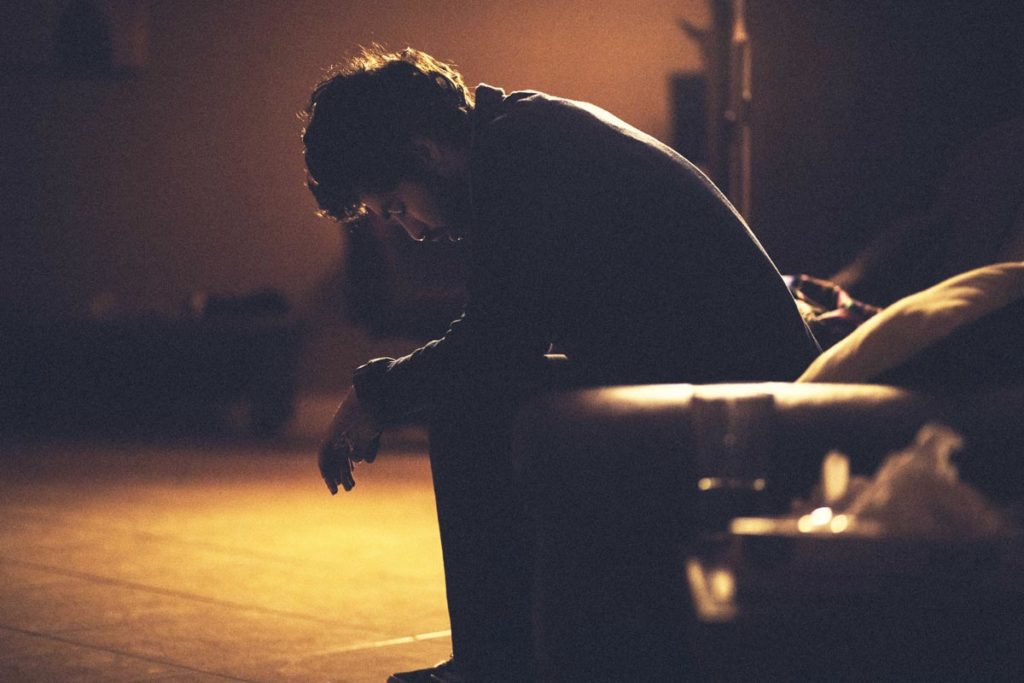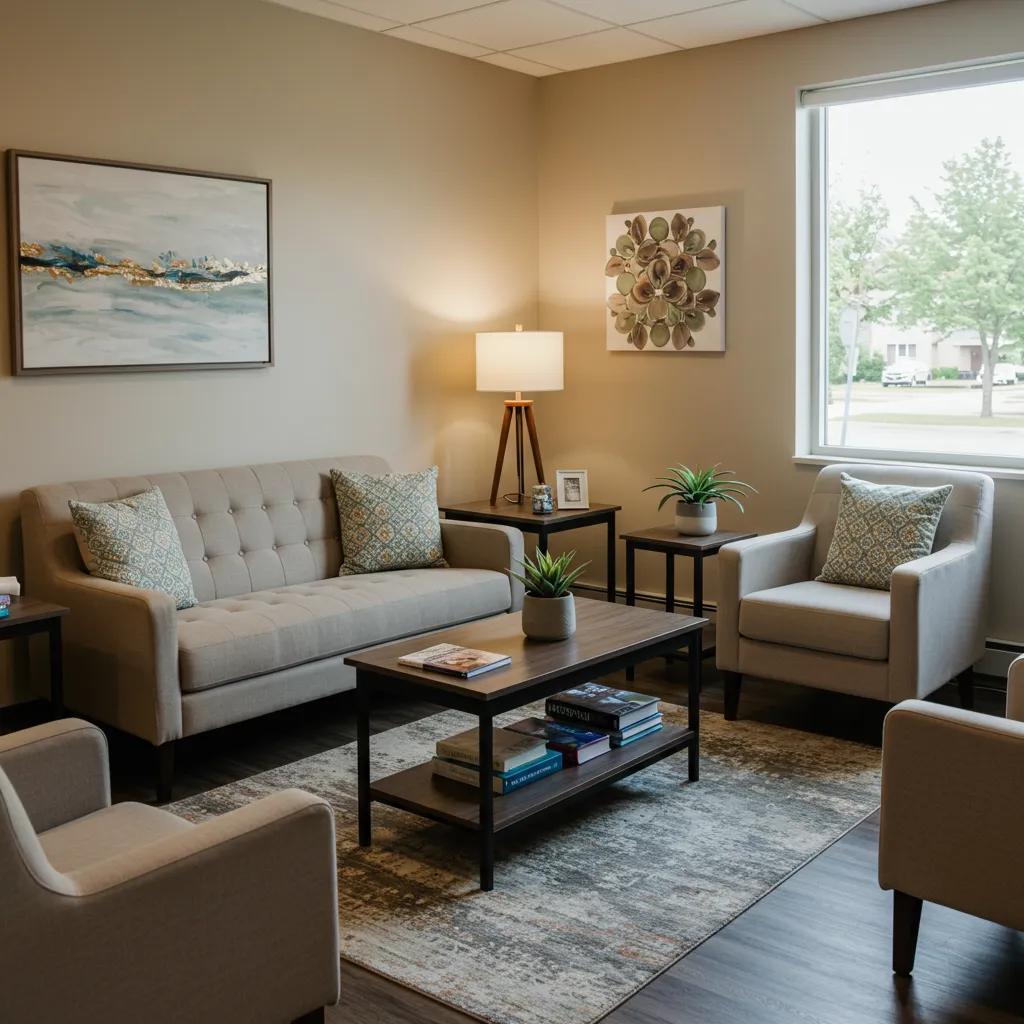In 2020, 8.4% of the adult population, or 21 million people aged 12 or older, experienced a major depressive episode with severe impairment to their life. In addition, 21% of the population struggles with a mental illness, such as depression, anxiety, or paranoia. Yet, for many of us, those disorders go unrecognized and undiagnosed, often because we don’t realize we need help, don’t have the tools to communicate we need help, or don’t have the specific symptoms that people associate with a disorder. In fact, just 66% of the adults with a depressive disorder in 2020 ever sought out help.
Changing those statistics means learning to recognize different ways in which depression expresses itself. Seeing when you or your loved one isn’t doing well is important. And, taking action on that often means recognizing what’s wrong or recognizing that problems are significant enough to require clinical intervention.
10 Symptoms of Depression
Most people are aware of the common symptoms of depression. However, of the 10 symptoms used to diagnose depressive disorder, most people only know a few.
- Consistent low mood or depression, feeling down, or like something is wrong
- Consistent reduced interest in pleasure or activities, e.g., reduced in interest in hobbies and social activities
- Changes to body weight, usually marked by +/-5% of body weight within a month. This can be because of significant changes to type or quantity of food or extreme changes to exercise routines
- Changes in sleeping patterns such as shifting into insomnia or hypersomnia
- Reduced motor control or reduced hand eye coordination – e.g., a person becomes more clumsy, less stable, and less able to control motor vehicles well
- Feelings of lethargy
- Reduced concentration and decision-making
- Reduced short-term and long-term memory
- Feelings of worthlessness or guilt
- Thoughts of death or suicide or suicidal plans
Of these, most people would note items 1, 2, 9 and 10 as recognizable symptoms of depression. But, to the external observer, those symptoms might not be visible at all. Instead, you’ll see symptoms 3-8, while the person keeps their thoughts of worthlessness, depression, and suicidal ideation to themselves. That can make it significantly harder to diagnose or to decide that your loved one needs help.
Get your question answered now.

Lesser-Known Symptoms of Depression
The following symptoms of depression are worrying and should be taken seriously, even if your loved one does not have depression.
Changes in Weight – If your loved one suddenly gains or loses a lot of weight without explicitly going on a diet to do just that, it’s a bad sign. It’s normal for weight to fluctuate up and down. But, if someone’s formerly relatively stable weight changes, it’s often because of stress. People stress eat or stress don’t eat and that can be a major symptom of a deeper underlying problem.
Irritability – Depression causes mood fluctuations including reductions in the chemicals in the brain that create social reward. People with depression are more likely to experience anger outburst and irritability – even if it’s uncharacteristic for them – because their brain is producing less serotonin. These outbursts can also relate to feelings of guilt at being less capable than before or because they feel worthless – and function as an attempt at self-defense.
Brain Fog – People with depression often experience symptoms they describe as “brain fog”. These include reduced ability to concentrate, to think clearly, and to make decisions. These symptoms also relate to neurotransmitter activity in the brain and usually it means there’s not enough of it. In general, brain fog can relate to a lot of very serious medical issues, or it can relate to stress. However, if your loved one is experiencing it, talk to their doctor immediately.
Lethargy – If you’re suddenly experiencing lethargy or constant fatigue, you want to see a doctor immediately. Sometimes the symptom relates to stress. Other times it’s about vitamin D or another nutrient intake. But, it’s also a major sign of depression. That also holds true if you’re just tired all the time, if you’re constantly sleeping, have trouble waking up when you didn’t before, or even if you can’t sleep.
Self-Medication – If you or your loved one are suddenly using drugs or alcohol to cope with life, to destress, or to deal with things in another fashion, it’s usually a sign of a deeper underlying problem. Of course, substance abuse does not immediately mean depression, but it’s a very common symptom of it. Therefore, if you notice alcohol or drug intake is going up, it’s a good idea to have a talk with a doctor, to get an assessment, and to look into potential mental health causes that could be triggering the substance use.
Withdrawing – If you or your loved one are doing fewer things that you find to be fun, dropping hobbies, and dropping things you used to enjoy, it’s a major sign of depression. Dropping things can happen because you just don’t feel motivated. It can happen because you feel too tired. Or, it can happen because you’re just not enjoying those things. In any case, it’s a good idea to talk to a mental health professional.
In any case where your sleeping patterns, habits, mood, or feelings change and consistently, it’s a good idea to discuss things with a mental health professional.
Diagnosing Major Depressive Disorder
Most people experience at least one depressive episode during their lifetime. That episode is normally at least 2 weeks but eventually you either get out of it or you get help and get better. Others have a longer-term problem with a clinical disorder known as major depressive disorder. This disorder is more likely to be chronic, to require consistent and ongoing mental health support, and sometimes medication. If you or your loved one is struggling, it’s important to take their problems seriously, whether they’re dealing with a short-term or a long-term issue. It’s also important to acknowledge that problems won’t likely just go away. Getting a diagnosis means seeing a therapist, discussing symptoms, and getting treatment.
Eventually, mental health interventions like behavioral therapy can greatly improve quality of life, no matter what type of depression you have. If you’re struggling, getting help can significantly improve how you cope with depression on a day-to-day basis. Good luck with your mental health and with your treatment.
If you or you loved one need help with mental health treatment, drug rehab, or alcohol rehab Compassion Recovery Center is here to help. Contact us to ask about our mental health programs and how we can support your specific requirements as you move into treatment.










